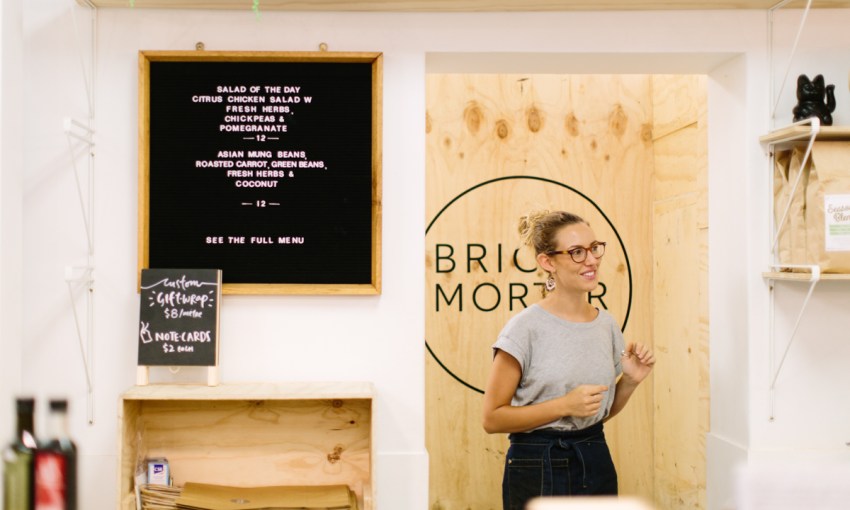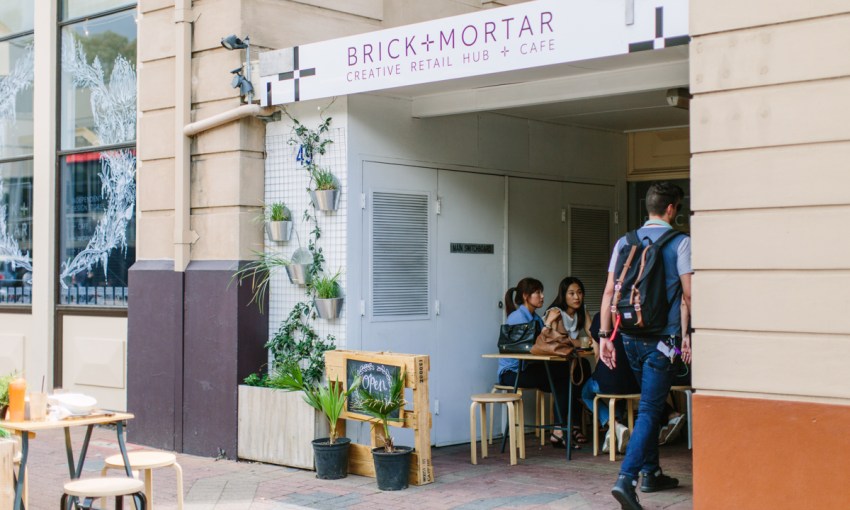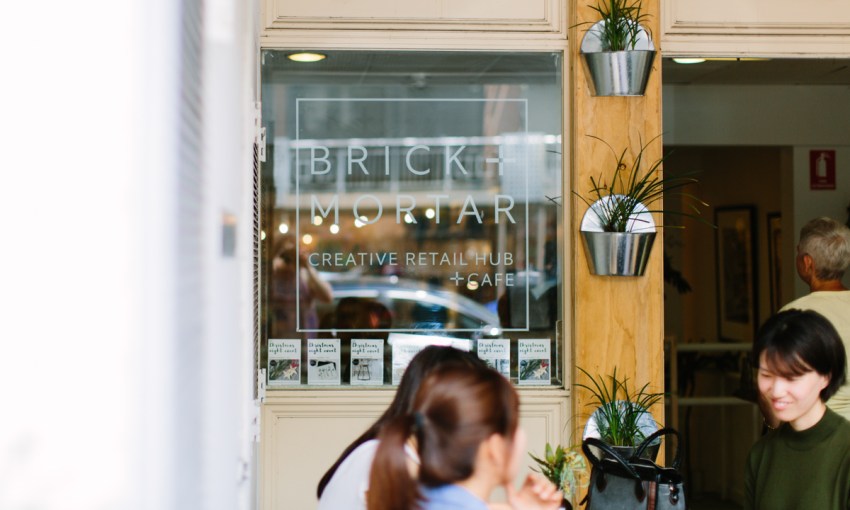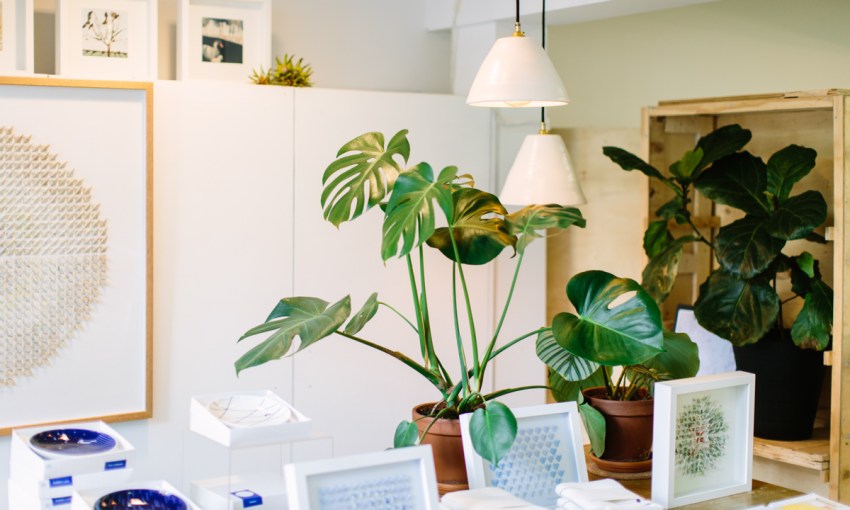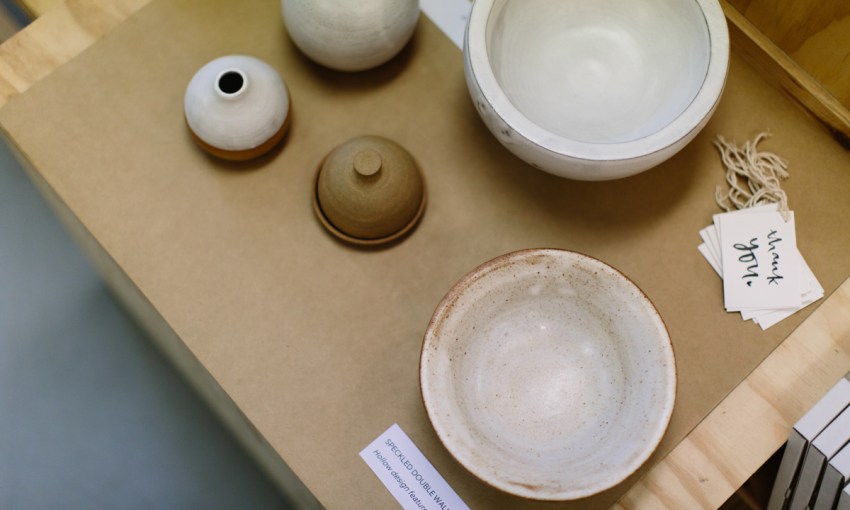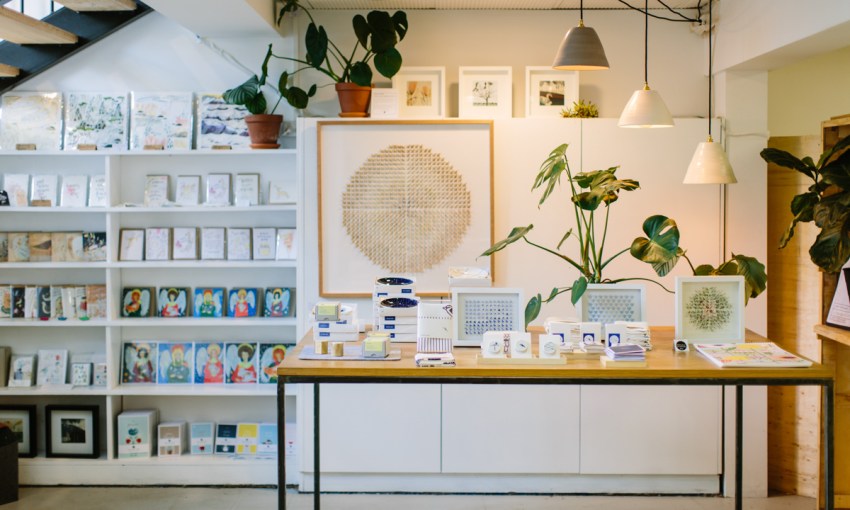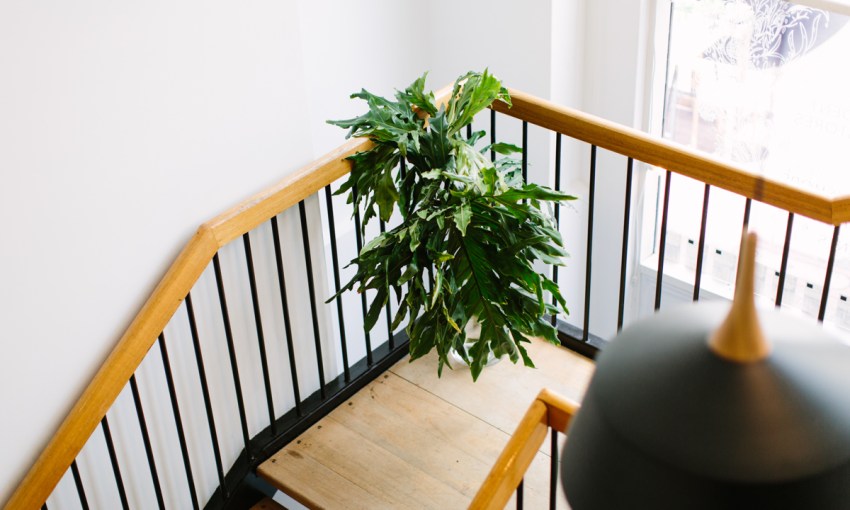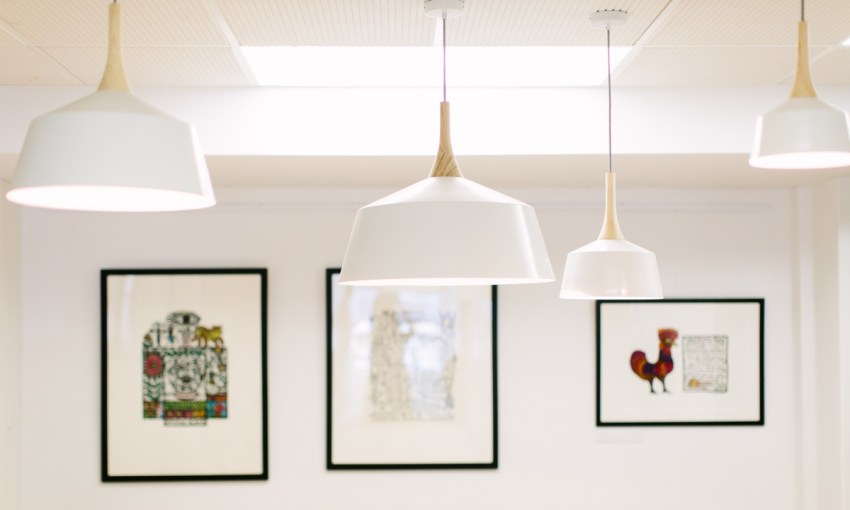CityMag is out of the CBD and getting to know the people and places of The Parade, Norwood. First up we met the most important diplomat working in Adelaide’s art and design community, Elizabeth Donaldson of Brick + Mortar.
Main Street Week: Brick + Mortar
Stepping into Brick + Mortar’s light and aesthetically driven Norwood space, it would be easy to think you’d wandered into a store created and curated by the art community itself.
Beautiful though it may be, the motivation behind Brick + Mortar actually draws heavily on owner Elizabeth Donaldson’s former life in politics.
 CityMag is spending the next five days on The Parade Norwood. These profiles are part of a new series called Mainstreet Week, where we look into the past, present and future of Adelaide’s highest profile strips.
CityMag is spending the next five days on The Parade Norwood. These profiles are part of a new series called Mainstreet Week, where we look into the past, present and future of Adelaide’s highest profile strips.
“My background is as a diplomat for 10 years, and so you have that ability for facilitation, which is really fun,” Elizabeth says.
“I really like that, so it’s really nice having a space like this, which has a lot of different functionality to be able to make those connections for people.”
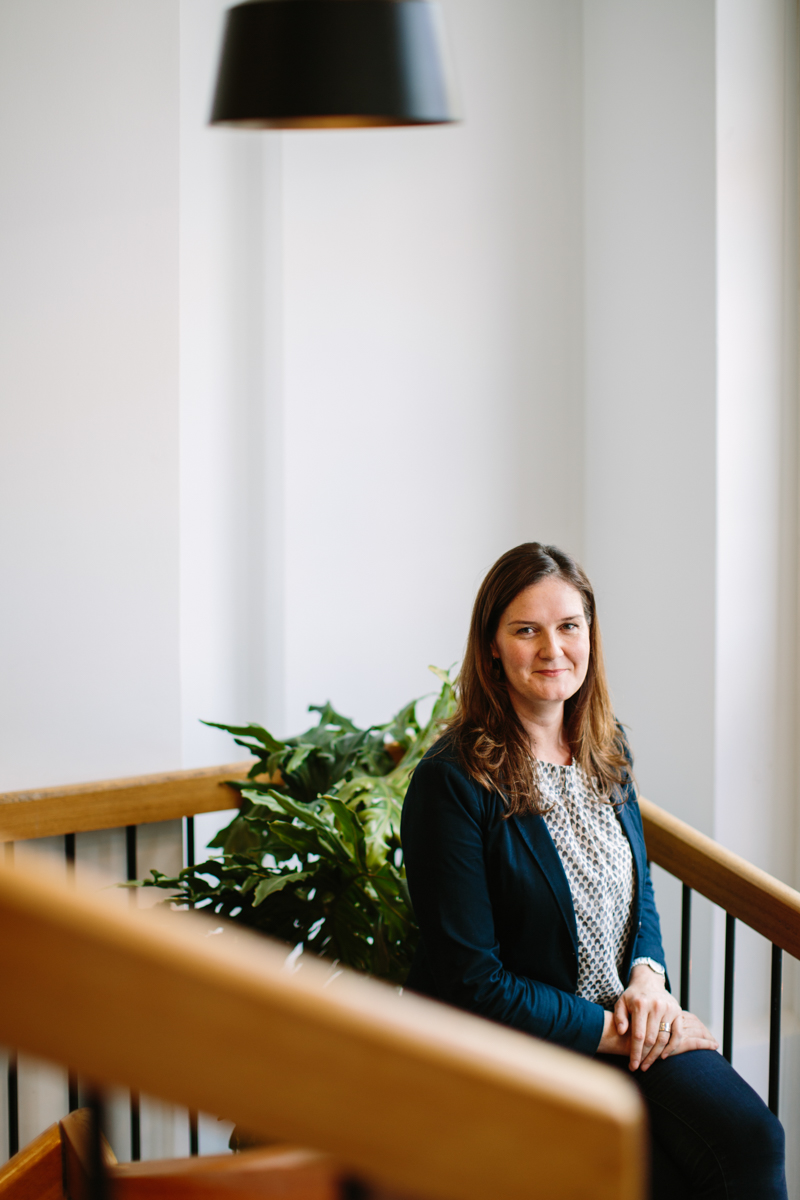
Seeing a genuine use for her skills, Elizabeth started the business as a way to create the connections in the art community she saw as lacking.
“Adelaide is such a great size, you think that would happen a little more naturally, but sometimes there’s not that natural crossover, so that’s been a really lovely part of this,” she says.
“We started off with pop ups and everyone was behind their own product… and that was a really nice way to sort of accelerate the community at the very beginning, which was really great, because everyone’s actually physically co-located all the time.”
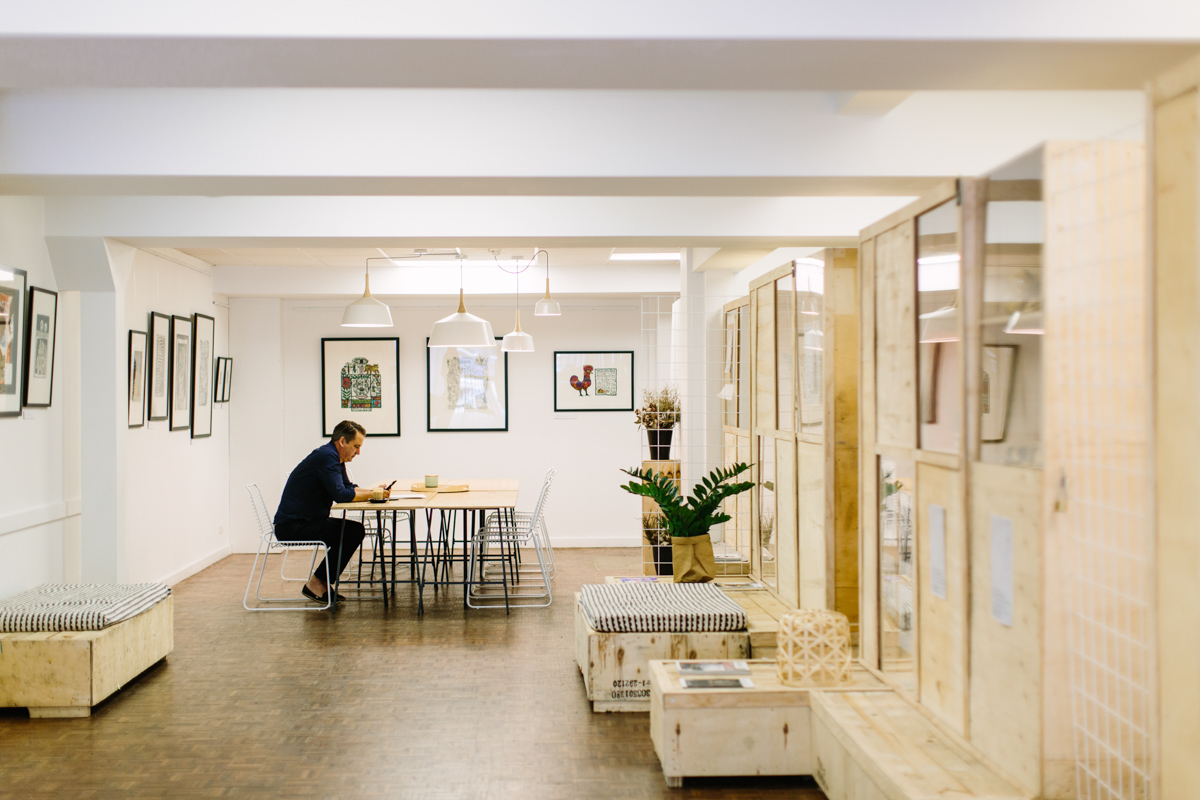
What has evolved in the 18 months since Brick + Mortar opened is an amalgamated space incorporating a café, retail, co-working, and events, all with the aim of feeding Adelaide’s creative industries.
“I felt in South Australia there was kind of a trajectory for creative industries people [where] there’s a lot of support early on, but once that sort of young emerging thing cuts off, it’s a very grant-funded industry,” Elizabeth says.
“A lot of effort goes into designing product and getting to that point, but then if you actually want to make it more than something you do as a sideline to your other job, it just felt like there was a big hole.
“And if you want to go and set up your own retail space where you can actually meet customers and make those sales, then you need to have huge capital outlay, you need to have really significant business skills, sign a five year commercial lease, all of that kind of stuff, which is basically prohibitive to most people.”
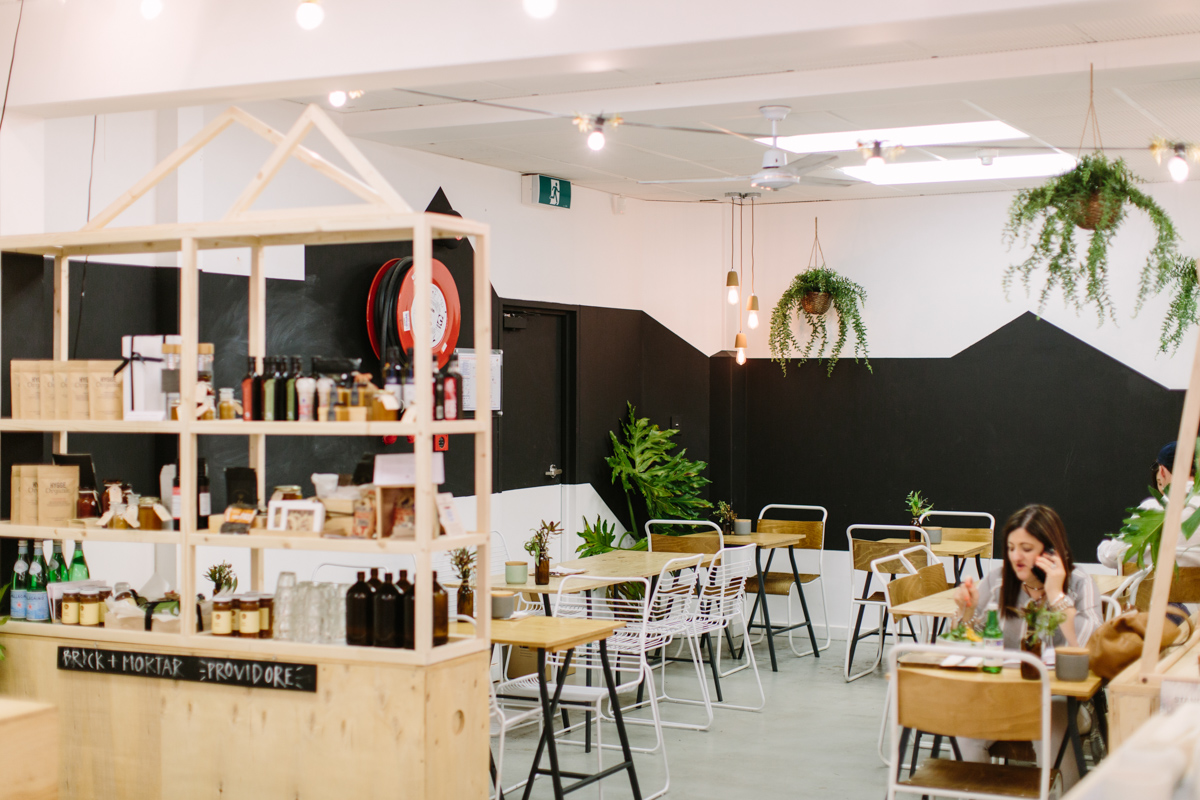
As well as offering a soft entry for artisans looking to take the step into retailing, Elizabeth has also made professional development a key part of Brick + Mortar’s business.
“We run workshops, and that’s everything from four-day illustration workshop kind of thing, through to professional development. A lot of setting and working out your way around your business, and backfilling that with the actual skills to carry it through,” she says.
It’s a varied space, but one that feels comfortable no matter which way you approach it.
The office workers in the co-working spaces upstairs sit contently at their desks, popping down occasionally when they need a caffeine fix, while customers below sift through the broad and continually evolving array of South Australian products.
And the artists, who momentarily distract Elizabeth with greetings as we chat, also seem at home amongst their own work and that of others.
“I’m a real believer that the more people you have in the one space, the more co-location you have, the more synchronicity there is, and the more of those opportunities, particularly when you[‘re] trying to connect people,” Elizabeth says.
“People can come in [here] and meet each other and be part of a wider community, where you’re offered that umbrella exposure, and can take those opportunities where people now come to us and say ‘I’ve got a commission for so and so, I’ve got a project I need delivered, who can you bring?’
“I can look at the cohort of people here, where there’s such an enormous breadth of talent, and say ‘right, you’d be a really good fit,’ and then put them together.”
A little diplomacy can go a long way.



